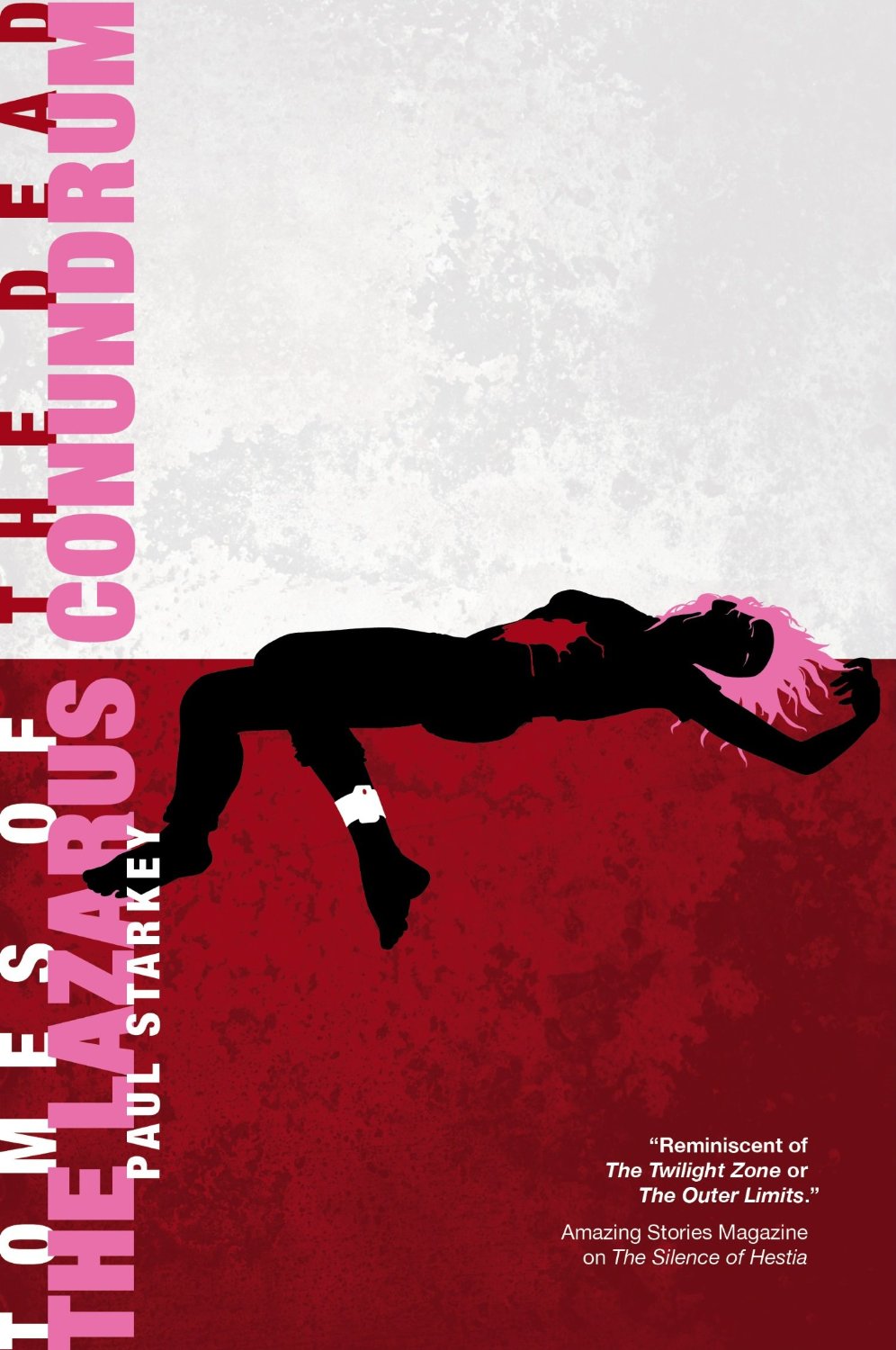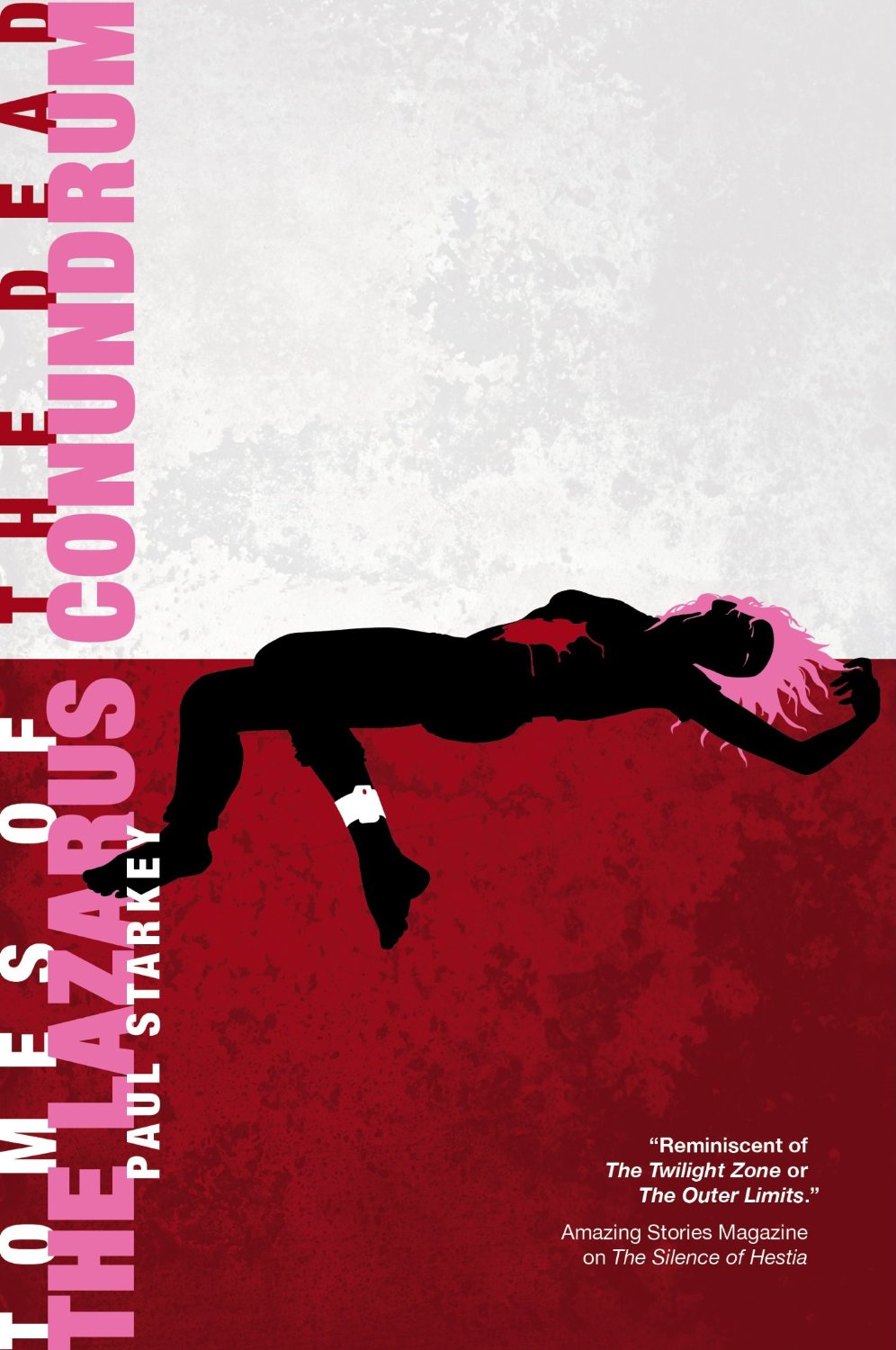
I’ve always found the notion of the end of the world intriguing. I grew up in the shadow of Mutually Assured Destruction watching films like The Omega Man and reading the seemingly never ending Survivalist novels; nuclear war, killer virus, biological weapon, man eating plants…the nature of the apocalypse hardly mattered, I was just interested in the hardy souls who would survive it: Mad Max and his ilk.
For my first novel, City of Caves, I had the world overrun by vampires, and my recently completed fifth novel saw the world smothered in darkness, so as you can see post-apocalyptic landscapes and I are old friends.
I also enjoy the zombie genre, and yet I’ve always had a niggling issue with the world ending by zombie. Dawn of the Dead is one of my favourite films, and even as type this I’m keeping an eye on the clock because The Walking Dead is on soon, and yet for a long time now I’ve found the notion of a zombie apocalypse that, well, wasn’t apocalyptic, quite fascinating, and I guess that is where the germ of The Lazarus Conundrum was planted many years ago. I envisaged a world where, as Vikram Desai says in my novella, when the dead rose the living handled it like they would any other public health crisis, be it AIDS, Ebola or Swine Flu.
Following on from that initial premise I started to think about what such a world would be like, and the notion of the chaperone was one of the first things I considered, although the idea of it being used to, effectively, snoop on people’s health was something that was added to the pot when I first started working on my submission way back in January. I allowed myself a wry smile when, during the summer, I read an article detailing a speech Jeremy Hunt had given where he talked about the future of technology in the NHS and how wearable technology might allow for health problems to be detected in their infancy.
It made sense that, in a world where the dead came back to life, it was logical to ensure people were as healthy as possible, suddenly cuts to the NHS, even just maintaining the NHS budget, would seem ludicrous, people would demand oodles of cash was pumped into the health service; they’d expect more nurses, more doctors, and if everyone who dies comes back as a zombie it further makes sense that ambulance crewmembers would need to be armed.
I didn’t want to go down the route of this newly flush NHS becoming truly militarised, my paramedics might carry submachine guns but they’re nowhere near the fascist instruments that, say, Bradbury’s firemen in Fahrenheit 451 are. Still, with funding linked to zombies this prompted a new question, which is where the true hook of the story came in: What happens if suddenly the dead stop coming back?
However noble an organisation or cause is, at the back of my mind (and hopefully other peoples’ and I’m not just the only paranoiac out there) is the notion that when your job relies on fighting something, whether it’s terrorism, cancer, or zombies, there must be some within that organisation who realise that eradicating that threat, defeating terrorism or curing cancer, will potentially lead to you losing your job, or at the very least severely curtailing your prospects for career progression and that new bathroom you’ve been after.
When he left office in 1961 President Eisenhower warned about the rise of the military-industrial complex, but for those living in the world of The Lazarus Conundrum it might more a case of the rise of the medical-industrial complex…
The Lazarus Conundrum is out now!
Buy: UK|US
